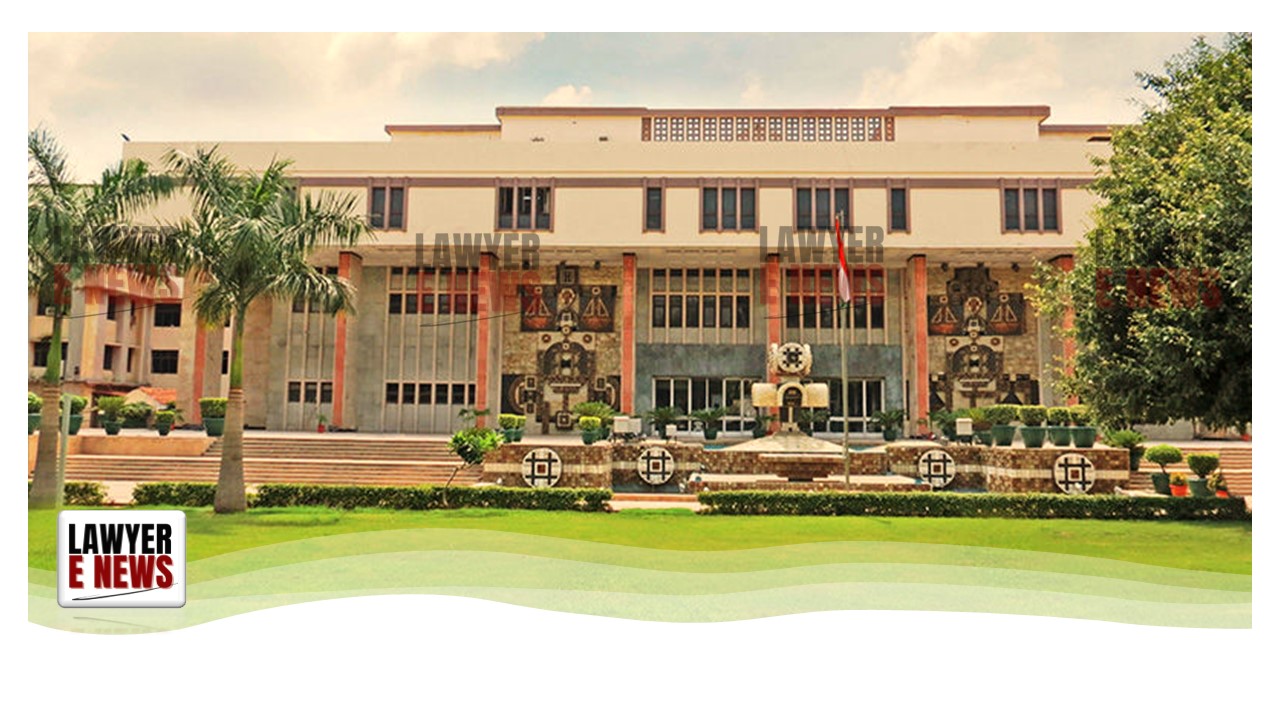-
by Admin
15 February 2026 5:35 AM



In a significant ruling, the Delhi High Court has directed land-owning agencies like the DDA and MCD to devise mechanisms for imposing penalties on individuals and businesses that encroach on public land. The judgment, delivered by Justice Rajnish Bhatnagar, emphasizes the need for clear policies to recover charges from encroachers, while addressing the specific case of a food eatery operating beyond its legal premises and causing noise pollution.
The petitioner, Kamlesh Jain, filed a writ petition under Article 226 of the Constitution of India, seeking relief against a food eatery named "Books and Beans" for playing loud music and encroaching on public land by placing tables and chairs outside their registered premises. The cafe, run by Rohit and his sister Diana, was found to be using an area beyond their rented space, causing discomfort to the public and violating noise regulations.
Justice Bhatnagar underscored the gravity of encroachment on public spaces, stating, "Encroachment on public places, especially footpaths and roads, forces pedestrians into dangerous situations by exposing them to vehicular traffic." The court noted the rampant nature of such encroachments and the consequent threat to public safety.
Addressing the noise pollution issue, the court recorded the statement of Inspector Dara Singh from PS Pandav Nagar, who assured that no loud music was played by the eatery after 10 PM, as per Supreme Court guidelines. The court emphasized the need for strict adherence to noise control regulations to maintain public peace.
The court recognized the lack of existing provisions for imposing user charges or penalties for the unauthorized use of public land. However, it highlighted the need for land-owning authorities to develop a framework for such penalties. The judgment noted, "The encroacher shall be made liable to the extent of illegal encroachment done by him by the concerned land-owning authorities. This should include factors such as the area of encroached land, the period of encroachment, and the market rate of the land".
Despite acknowledging the respondent's encroachment and misuse of public land, the court decided against imposing a penalty due to the respondent's young age and their commitment to not repeat the act. Instead, the court issued a stern warning and directed continuous monitoring to prevent future violations.
Justice Bhatnagar remarked, "Encroachment is one of the worst forms of civil wrong as it is like committing a 'dacoity' in which the land-owning agency itself loses its land and the public at large loses a valuable asset."
This landmark judgment not only resolves the specific grievances of the petitioner but also sets a precedent for addressing the broader issue of public land encroachment. By directing the creation of a penalty framework, the court aims to deter future encroachments and ensure that public resources are protected for the benefit of all. The ruling reinforces the judiciary's role in safeguarding public interest and maintaining urban order.
Date of Decision: May 27, 2024
